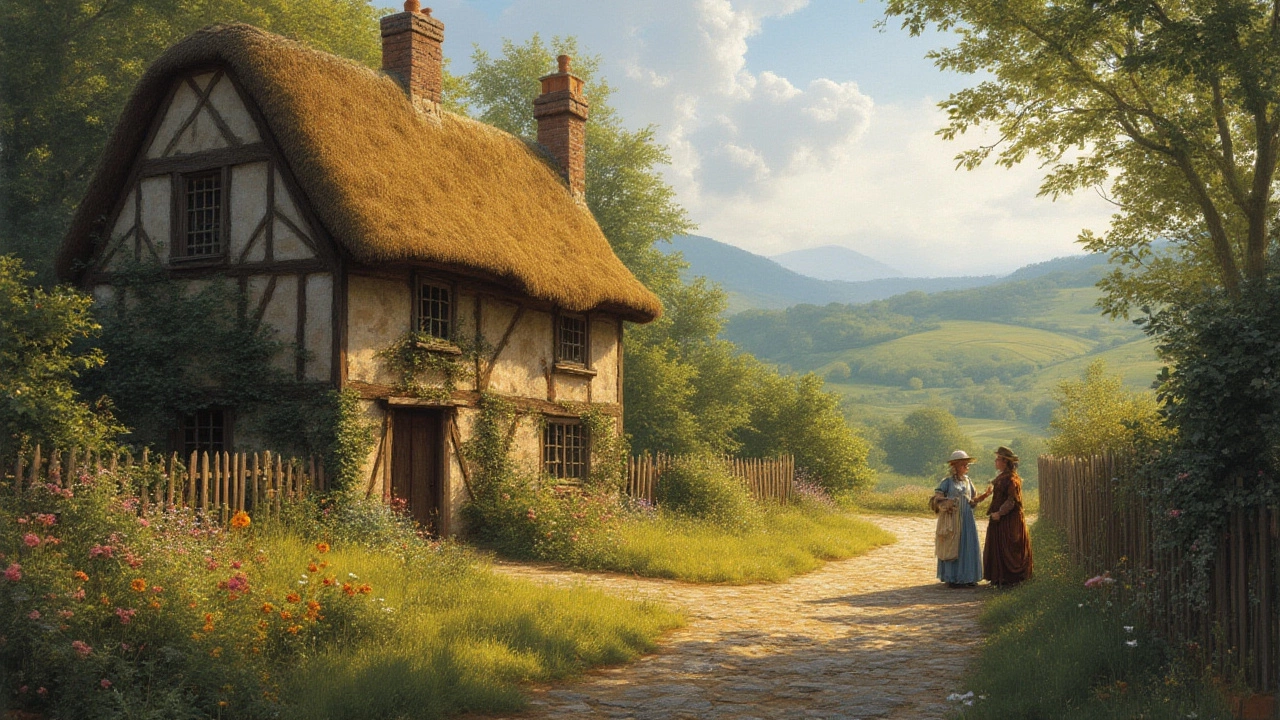What Does “Cottage” Really Mean? Simple Definition and Key Features
When you hear the word “cottage,” you probably picture a cozy little home tucked in the countryside. In plain terms, a cottage is a small, standalone dwelling that’s usually built with local materials and designed for comfort rather than grandeur. Think of it as a modest, self‑contained house that often feels more intimate than a typical suburban home.
Cottages have been around for centuries, originally serving as simple farmhouses for workers or as seasonal retreats for urban folks. Today the term still carries that rustic charm, but you’ll also find modern versions that blend traditional looks with contemporary comforts. The core idea stays the same: a modest size, a warm feel, and a connection to the surrounding landscape.
Typical Size and Layout
Most cottages fall between 500 and 1,200 square feet. That size supports one to three bedrooms, a living area, a kitchen, and usually a single bathroom. Because space is limited, layouts tend to be open‑plan, with the living room and kitchen flowing into each other. This design makes the interior feel larger than the footprint suggests.
Exterior-wise, cottages often feature pitched roofs, stone or brick walls, and a front garden or porch. These elements aren’t just decorative; they help the building blend into rural settings and keep heating costs low. The modest footprint also means you can find cottages on smaller plots, making them ideal for buyers who want a low‑maintenance property.
How a Cottage Differs From a House
While a house can range from a tiny bungalow to a sprawling estate, a cottage is defined by its modest scale and simplicity. A house might have multiple stories, extensive rooms, and a formal layout, whereas a cottage usually stays to one or two stories and embraces a casual, lived‑in vibe.
Another difference is the purpose. Traditional houses often serve as primary residences for families, while cottages can double as vacation rentals, weekend getaways, or even short‑term retreats. Because of this dual purpose, many modern cottages include amenities like a small deck, fire pit, or scenic views that cater to short stays.
Finally, the cost factor matters. Cottages are generally more affordable than larger houses, both in purchase price and upkeep. Their smaller size means lower heating bills, less cleaning, and fewer repairs. If you’re looking for a budget‑friendly entry into home ownership or a low‑key holiday spot, a cottage fits the bill.
In short, a cottage is a small, comfortable home that blends traditional charm with practical living. Whether you’re hunting for a permanent residence, a weekend hideaway, or a short‑term rental, understanding the core meaning of “cottage” helps you spot the right property and set realistic expectations.

Why Are They Called Cottages? A Deep Dive Into The History And Charm Of Cottages
Curious about cottages? Explore how the word 'cottage' came to be, the rich story behind it, and why these cozy dwellings remain so enchanting today.
Continue Reading